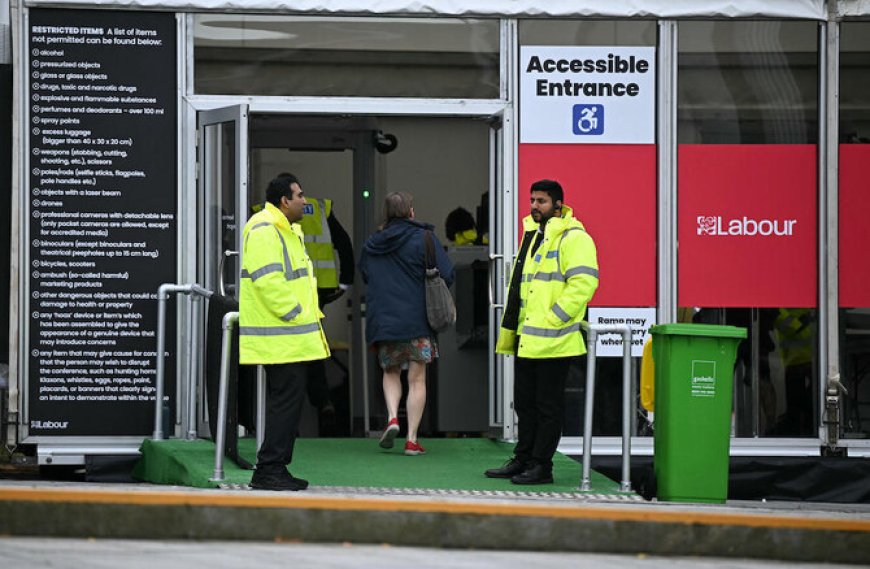Big changes to work are coming soon from the new UK government.

It has been almost 100 days since Keir Starmer became prime minister after his Labour party won the general election by a huge margin. Now, Britain can see the specifics of the government's plan to change workplace law. Key promises made before the election are in the bill, such as a ban on zero-hours contracts, better sick and maternity pay, and steps to make it harder for companies to fire workers.
Tuesday, Starmer told parliament, "The government will keep its promise to the British people of the biggest improvement to workers' rights in a generation." It will happen. Since taking power in early July, Labour has quickly put an end to long-running pay disputes in both the public and private sectors. This is especially true for doctors in Britain's free National Health Service (NHS). Starmer said on Wednesday, "The Employment Rights Bill will make sure work pays, build a new relationship with business, and fix the terrible working relationships that have cost our economy and NHS so much in recent years."
The head of the British umbrella group Trades Union Congress, Paul Nowak, said that a fully passed bill "will make work better for millions of working people." On the night before the paper came out, he added, "Making jobs safer is good for both workers and businesses." When you treat your employees well, they work harder and make more money. But the main opposition party, the Conservatives, has said that the plans are the same as "French-style union laws" that would hurt businesses. Tina McKenzie, whose group works with millions of businesses in the UK, said that "adding to the risks and costs associated with hiring people would make small employers think twice about whether and who to hire."
"This bill could hurt growth, wages, and jobs if it is not done right," said McKenzie, policy chair at the Federation of Small Businesses. The bill was released before Labour's first budget on October 30, when it is likely that finance minister Rachel Reeves will propose tax increases. Labour says tough steps need to be taken and says the Tories left it with a £22 billion ($29 billion) budget hole.













































